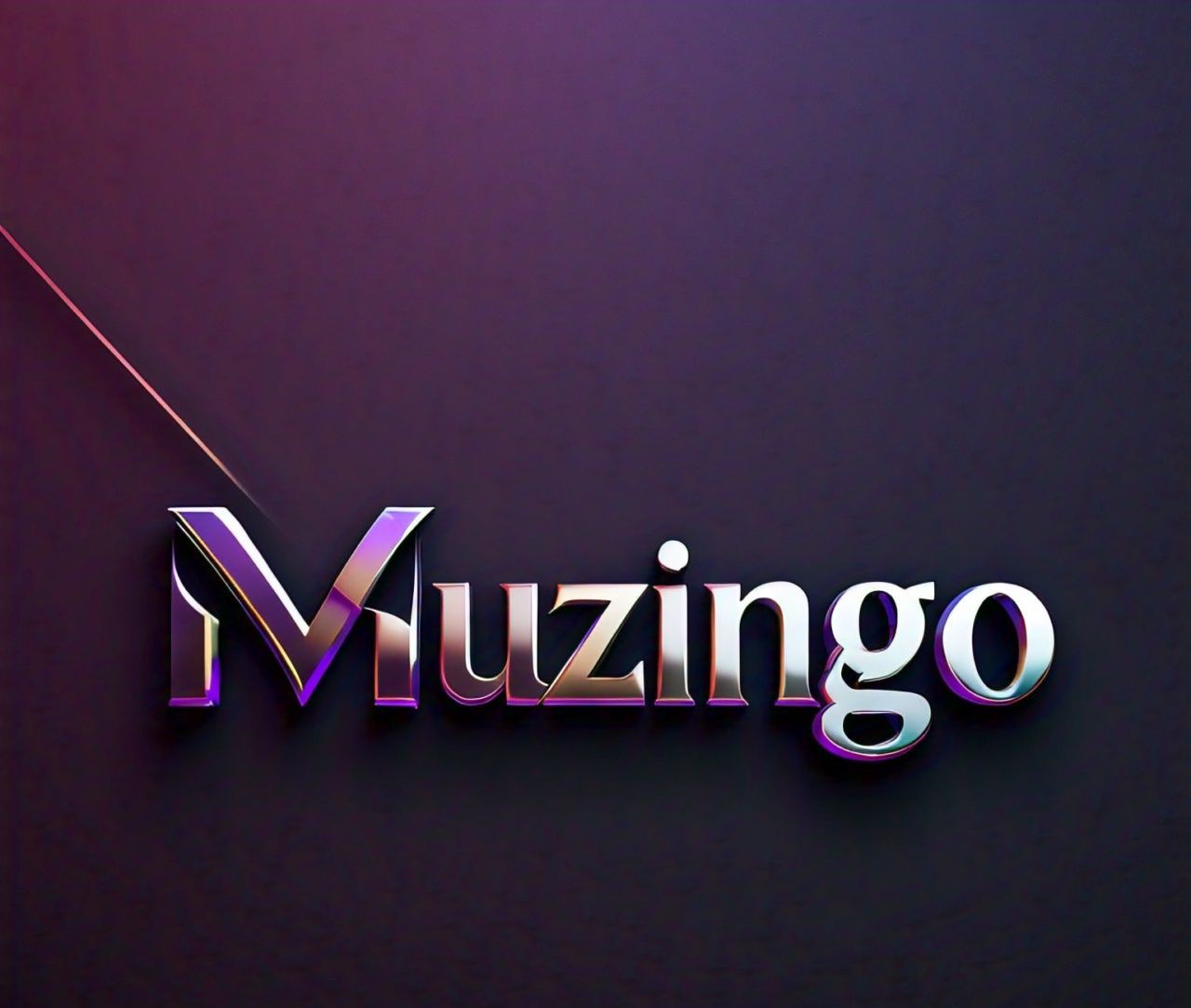All music can be considered as community music. This is because music is a social activity that requires cooperation and shared social and cultural understanding. To create music also, people have to work together, hence the birth of the concept.
In general, community music refers to musical practices which are fluid, adaptable, include informal or non-formal learning, and have a specific social aim.

It is like a big musical playground where everyone can join in and have fun together! It’s all about making music in a flexible way, learning in a relaxed environment, and having a special goal to help others or bring people together.
So, imagine singing, playing instruments, and dancing with your friends and neighbors, all to spread joy and make everyone happy.
The following constitutes its characteristics according to Kari & Bengt in Community music: Toward an international overview
- Emphasis on a variety and diversity of musics that reflect and enrich the cultural life of the community and of the participants.
- Active participation in music-making of all kinds (performing, improvising and creating).
- Development of active musical knowing (including verbal musical knowledge where appropriate).
- Multiple learner/teacher relationships and processes.
- Commitment to lifelong musical learning and access for all members of the community.
- Awareness of the need to include disenfranchised and disadvantaged individuals or groups.
- Recognition that participants’ social and personal growth are as important as their musical growth.
- Belief in the value and use of music to foster inter-cultural acceptance and understanding.
- Respect for the cultural property of a given community and acknowledgment of both individual and group ownership of music.
- On-going commitment to accountability through regular and diverse assessment and evaluation procedures.
- Fostering of personal delight and confidence in individual creativity
- Flexible teaching, learning and facilitation modes (oral, notational, holistic, experiential, analytic).
- Excellence/quality in both the processes and products of music-making relative to individual goals of participants.
- Honoring of origins and intents of specific musical practices.
Importance of Community Music
Research from the national library of medicine entitled Implementation and Strategies of Community Music Activities for Well-Being: A Scoping Review of the Literature discussed its importance as highlighted below:
- Individuals who regularly participate in choral singing have reported that their participation in the choir contributes to their well-being through increased social capital and positive emotions as well as providing meaning and purpose in their lives.
- Participating in group singing has been reported to improve well-being in adults with mental health conditions by providing emotional and social benefits and reinforcing self-efficacy.
- Participatory music engagement supports mental well-being for various individuals by allowing them to engage in specific processes tailored to their individual needs and circumstances.
Muzingo and Community Music
It is important to note that communal music encompasses various perspectives which are music of a community, communal music making and active intervention from the community.
Muzingo as a bingo games reflects it through:
- Engagement: In Muzingo, players actively listen to songs and engage with their cards. Similarly, community music encourages people to actively create music together.
- Social Bonding: Muzingo fosters team spirit and togetherness virtually. Likewise, community music brings people together, strengthening social connections through shared musical experiences.
- Creativity: Muzingo infuses creativity by using songs. Community music also encourages creativity, allowing participants to express themselves musically.
- Joy and fun: Whether it’s singing along to a favorite song in Muzingo or joining a community choir, both activities bring joy and fun to participants.
- Creating bridges across distances: Just as Muzingo bridges the gap for remote teams, community music can connect people across neighborhoods, cultures, and backgrounds.
To conclude, When Muzingo and communal music intersect, they create a harmonious blend of individual fulfillment and collective impact. Join our community forum today.



